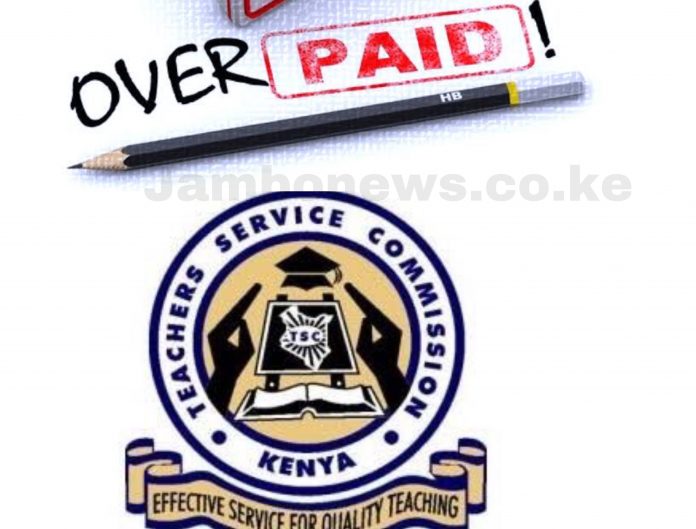The Commission has adopted various preventive, control and recovery strategies as well as sanctions to mitigate the risk of incurring salary overpayments.
Prevention strategies
The Commission shall implement the following preventive mechanisms to minimize occurrence of salary overpayments:
- Regularly sensitize secretariat staff and heads of institution about their roles and responsibilities in curbing salary overpayments.
- Induction of all newly employed secretariat staff and heads of institution on their roles and responsibilities in the prevention and control of salary overpayments.
Control strategies
The Commission shall put in place appropriate internal control measures to reduce the occurrence of salary overpayments, which include but not limited to compiling and timely submission of the entry and exit reports for immediate action. The following strategies shall apply:
(a) Payroll verification
- Human Resource and Personal Emolument shall verify IPPD DCSs information against pay entries on payroll to ensure that there are no salary overpayments.
- IPPD shall carry out pre-audit of the payroll to detect anomalies before processing of the payroll.
(b) Payroll cleansing
The commission shall update and maintain TIMIS data on real time basis in order to validate teachers’ payroll.
(c) Segregation of duties
The commission shall assign various activities to different officers in order to create checks and balances.
(d) System access rights
The systems shall have access rights assigned to different personnel according to their responsibilities.
(e) Data analysis
Analysis of prevalence of causes of salary overpayments shall be done and reports on findings shared with the management for decision making.
(f) Risk management
Service areas shall identify risks in their processes, propose and implement mitigation measures.
(g) Internal audit
The directorate of internal audit shall conduct periodic audits to:
- Give assurance to the Board on the effectiveness of internal controls put in place.
- Ensure that management undertakes annual review of controls to monitor and address emerging issues.


